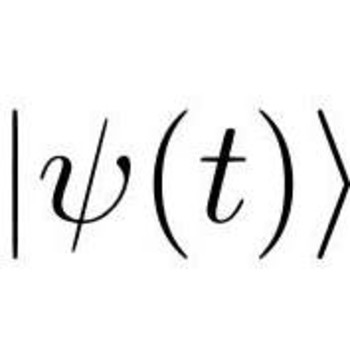Let #f(x)# the square root of #x-2#. What is #f'(6)#?
2 Answers
# f'(6) = 1/4#
Explanation:
We have:
# f(x)=sqrt(x-2) #
So then differentiating wrt
# f'(x) = 1/2(x-2)^(-1/2)#
# \ \ \ \ \ \ \ \ = 1/(2sqrt(x-2))#
So then:
# f'(6) = 1/(2sqrt(6-2))#
# \ \ \ \ \ \ \ \ = 1/(2sqrt(4))#
# \ \ \ \ \ \ \ \ = 1/4#
Explanation:
Well, we got
Using the chain rule,
let
So,
Substituting back,
Since we have found
As


